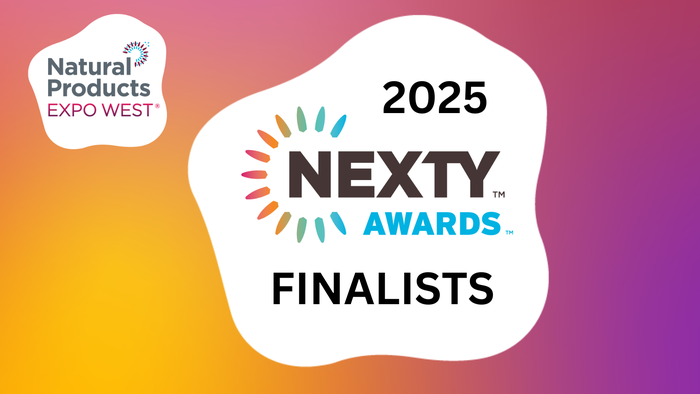The non-GMO future may be a threat to dietary supplements—but there's hope
A veritable who's who of supplement company executives were in attendance at The Non-GMO Future, a recent UNPA-sponsored seminar on non-GMO sourcing, labeling and marketing for dietary supplements. While non-GMO verification is not yet well-tailored to supplement ingredients, at least the issue's on the radar of top people and key stakeholders.

In late May, I attended a United Natural Products Alliance (UNPA) workshop on the intersection of the non-GMO movement and the dietary supplement industry. It was a good faculty, mostly technical, that included Courtney Pineau from Non-GMO Verified, Genetic ID, GOED, Compass Naturals’ Steve Hoffman, folks from Washington State’s I-522 GMO labeling campaign, and Robert Craven, CEO of FoodState (manufacturer of MegaFood), who helped organize the event.
Attendees were mostly supplement tech folks including Metagenics, Pharmavite, VMI, Synergy and Natural Factors. Ingredient representation came from only two companies—Deerland Enzymes, a signatory to Non-GMO Verified, and a new regulatory person from DSM.
Here’s the upshot: The current Non-GMO Verified program (which MegaFood is currently going through) is not set up well for supplements. The two key hurdles are supply chain transparency and the tension between natural and synthetic ingredients.
MegaFood is struggling to get verified (as a whole-food supplement poster child you'd figure they'd be a shoo-in) and feels skeptical about Whole Foods’ 2018 labeling deadline. The example they give is vitamin D3 from sheep's wool—they are trying to get a supplier affidavit to support that none of the wool is in any way associated from GMO sources. Another issue raised is that petroleum source ingredients (synthetic) may in fact be easier to verify than natural source ingredients (lower risk classifications through the process), creating an odd counter-value proposition.
A call to action
There is a comment period on the standard (which is periodically updated, though this will be a key update in light of Whole Foods’ deadline) that closes at the end of June. This is an opportunity for supplement manufacturers—especially ingredient companies—to weigh in (consensus fashion) and influence future program direction.
Supplement ingredient companies are largely unaware, or are not sufficiently motivated as of now, to ensure adequate supply for this category. Current sourcing and contracting practices will have to catch up to this movement. The food supply chain is much more transparent and generally compliant, while for supplements there is big work to do.
Bottom line: Many of the right people were in the room, which suggests that at least a few of the majority stakeholders in the industry’s supply chain aren’t sitting on their heels. The fact that Metagenics sent four people, and Pharmavite (a Council for Responsible Nutrition board member and not a UNPA member) sent Paul Bolar, their senior guy, indicates potential.
About the Author
You May Also Like





